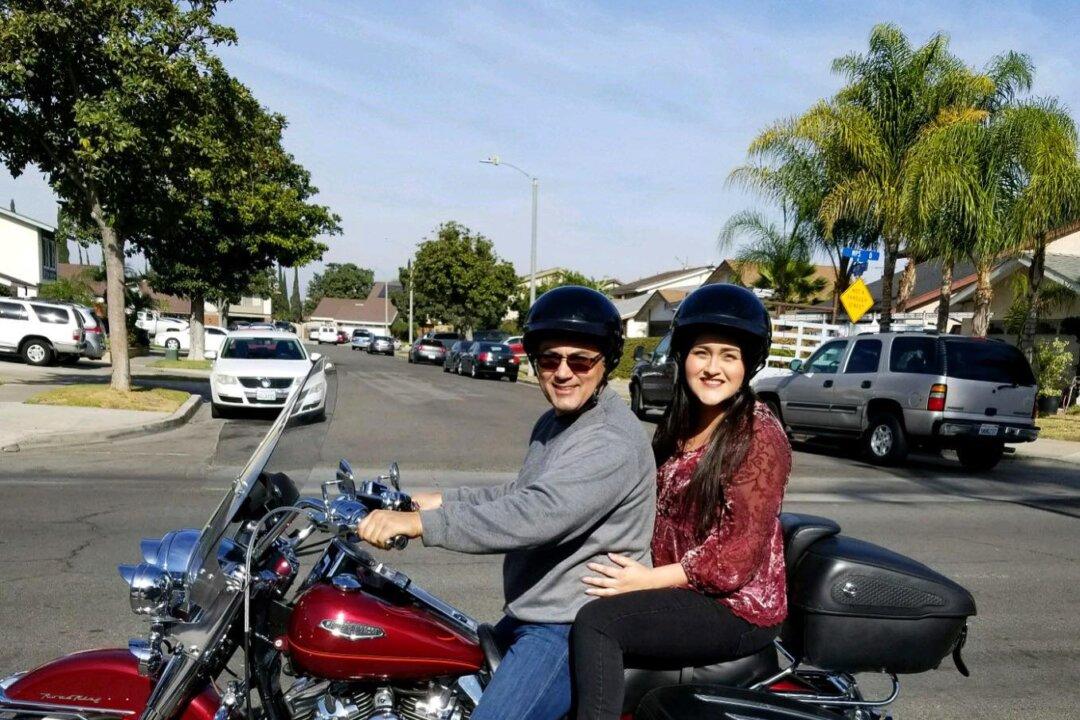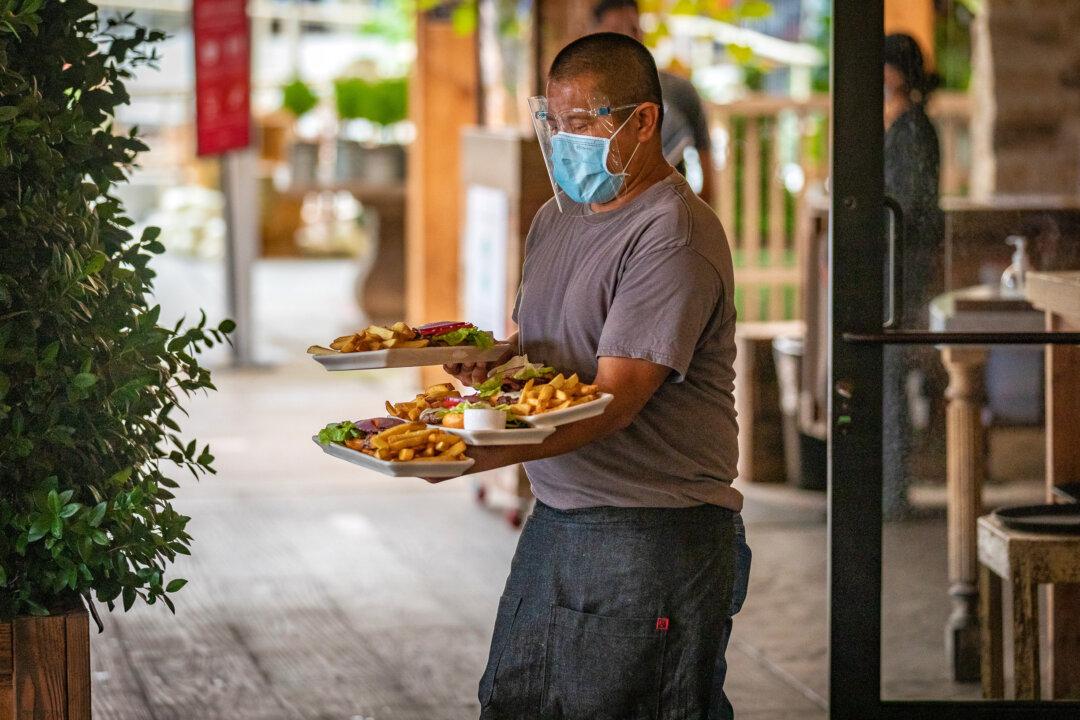Orange County’s next supervisor will be elected March 9, ending a hotly-contested campaign to fill the Board of Supervisors’ vacant District 2 seat.
Candidates include: former state senator John Moorlach, Costa Mesa Mayor Katrina Foley, Fountain Valley Mayor Michael Vo, Newport Beach Councilmember Kevin Muldoon, and tax attorney Janet Rappaport.




